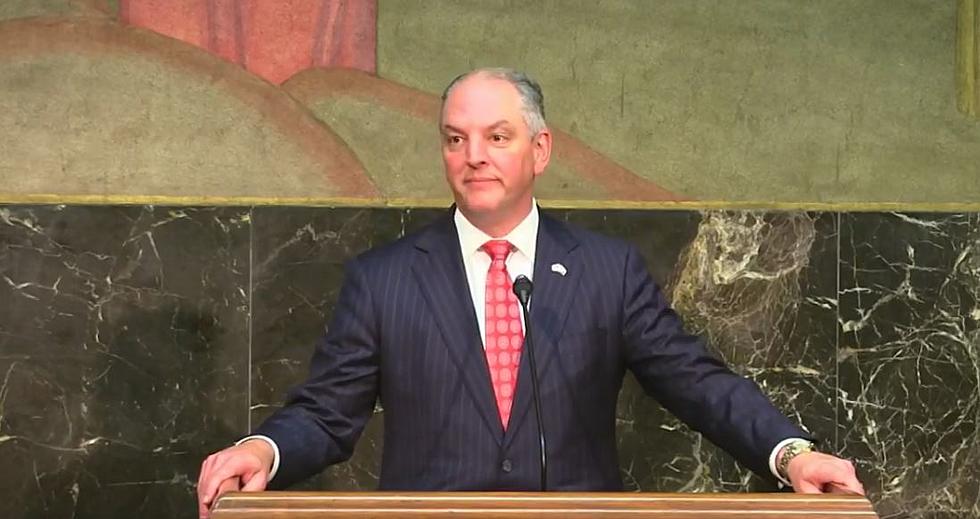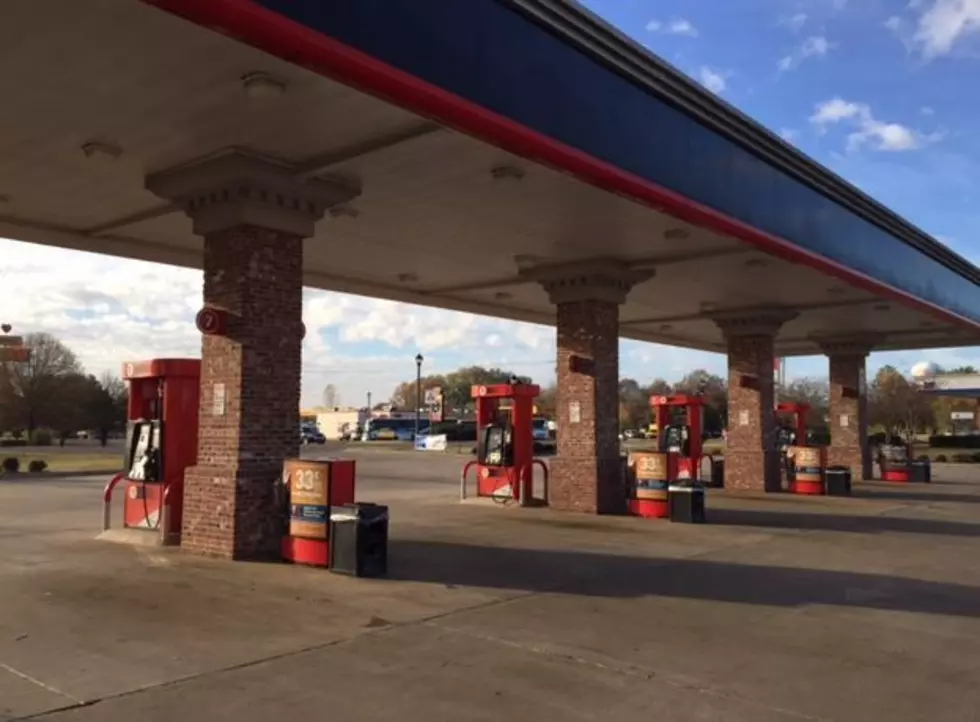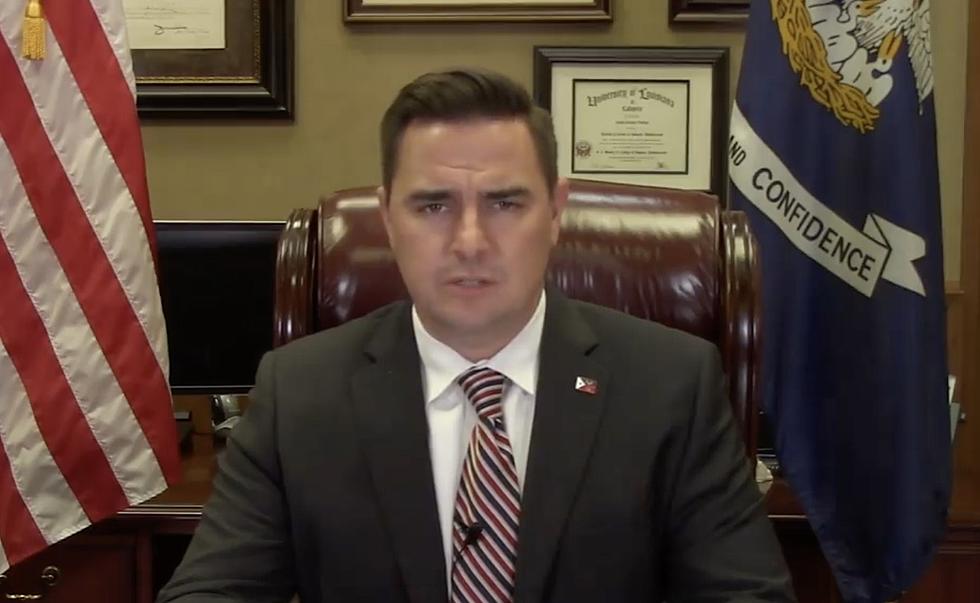
Government Likely Headed for Shutdown — What Does This Mean?
With Congress unable to agree on a budget or even a short-term emergency bill, it's increasingly likely that the federal government will suffer its first shutdown in 17 years. Leaders in the House of Representatives and the Senate will trade proposals on Monday, but neither side is optimistic that they will reach an agreement.
Lawmakers need to pass a budget for the next fiscal year, which starts October 1, but the Senate's bill and the House's version are so far apart that there is no discussion at all of finding a compromise between the two. Instead, they are merely trying to pass a continuing resolution, which would fund the government at its current levels for a period of a few weeks or months, during which time they would continue to try to come to an agreement.
On Monday afternoon, the Senate is expected to reject the House's latest proposal, which includes a continuing resolution accompanied by a one-year delay of implementation of Obamacare, the massive health-care overhaul passed in 2010 and set to go into effect on October 1. The House's bill, which was passed by that chamber on Sunday, also contains a repeal of a medical-device tax which helps fund the overall law.
The Senate will instead send a "clean" continuing resolution back to the House, after stripping out those two Obamacare-related parts. What happens next is anyone's guess, but the most likely outcome is that the House will reject the Senate's bill and the federal government will close down at 12:01 a.m. Tuesday morning.
Does the government actually shut down?
Not really. The official term is a "spending gap," because not all government functions cease. National security operations, including the military, will continue as usual, as will air-traffic control. Social Security checks will keep going out (the Postal Service will continue too), along with veterans' benefits and Medicare bills. The IRS will keep collecting taxes. But all "non-essential" federal employees (about 800,000) will be furloughed until a new continuing resolution or budget is passed.
So what actually will stop?
You won't be able to go to a national park. Or any historical sites run by the federal government. Or visit the Smithsonian. But remember that this shutdown will not directly affect state governments. You can still visit state parks or go to the DMV to renew your license, but you won't be able to do so with your passport or visa, which are under federal control.
There will be significant disruptions for almost all departments and agencies. The White House has published a list of agency contingency plans here, and USA Today has put together a detailed summary here of what and who will be affected and how.
How many times has this happened before?
This will be the 18th shutdown since 1976, when the budget process was changed. (Before then, the government stayed open but at reduced levels; it did not furlough workers.) The last shutdown ended in 1996, so we have actually been in a prolonged period of relative peace these last 17 years. From 1976-1996, the government shut down on average nearly once a year.
When will it end?
Good question. Republicans are demanding that Obamacare be delayed or entirely repealed, and Democrats are insisting on a clean bill. The president has largely remained out of the discussion, preferring to let congressional leaders handle the talks. It is their job to send him a bill, after all.
The longest shutdown on record was 21 days, but most of them don't go past day three. The only thing that will get the government back up and running is when politicians feel enough pressure that they simply HAVE to return, at which point we'll almost certainly see a clean continuing resolution that will last through sometime in November or December.
And then we might have to go through this whole thing all over again.
More From News Talk 96.5 KPEL









